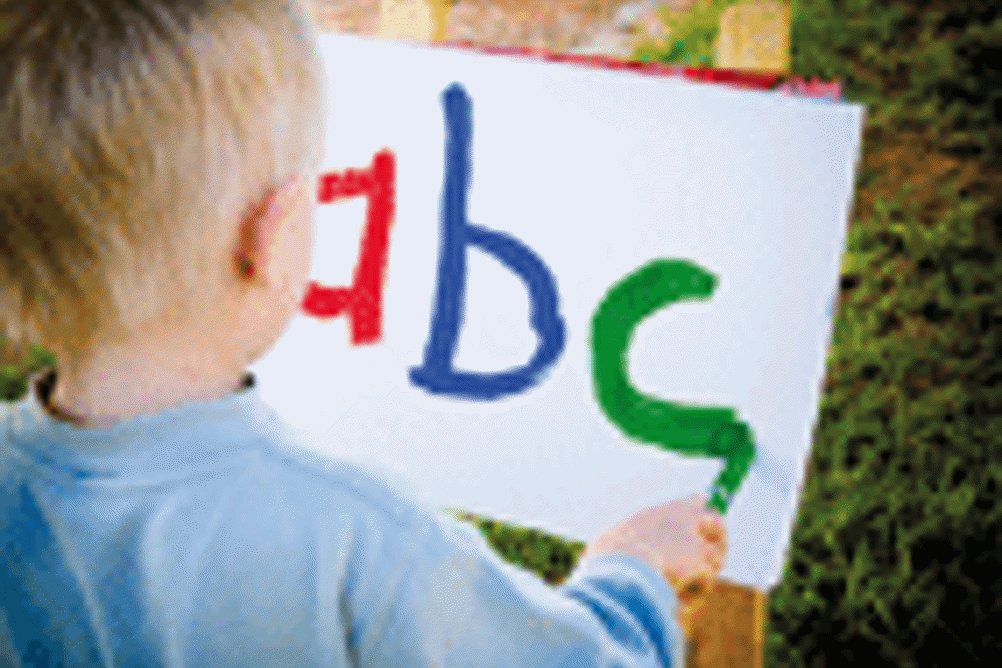
All children in England will take the test at the end of Year 1.
The announcement follows the pilot, which took place in 300 schools this summer.
Research published today by the department found that 43 per cent of teachers said they had been able to identify children who had reading problems that they previously did not know about.
The study of the pilot, carried out by Sheffield Hallam University, also found that:
The department said that if the rollout of the test is as successful as the pilot, thousands more teachers will be able to identify children who need extra help with their reading.
Register now to continue reading
Thank you for visiting Nursery World and making use of our archive of more than 35,000 expert features, subject guides, case studies and policy updates. Why not register today and enjoy the following great benefits:
What's included
-
Free access to 4 subscriber-only articles per month
-
Unlimited access to news and opinion
-
Email newsletter providing activity ideas, best practice and breaking news
Already have an account? Sign in here
